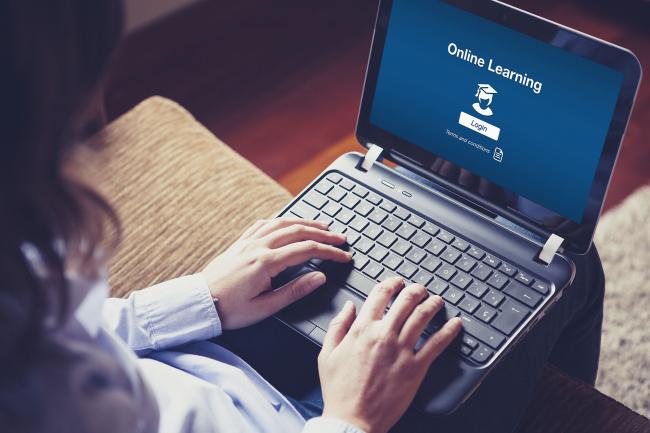
The adolescent brain makes learning easier, says study
London, Dec 24 (IBNS): Alcohol abuse, reckless behaviour and poor choice in friends: all these are inextricably linked to puberty and adolescence.
In the late teens, young people test their limits, and in many cases, push beyond their limits.
This is due in part to increased activity in the corpus striatum, a small area deeply hidden away inside the brain.
According to previous research, that part of the brain in young people is more responsive to receiving rewards.
Sensitive
Leiden University scientists are now able to show that this increased activity in the corpus striatumdoes not have only negative consequences. ‘The adolescent brain is very sensitive to feedback,’ says Sabine Peters, assistant professor of developmental and educational psychology and lead author of the article. ‘That makes adolescence the ideal time to acquire and retain new information.’
Peters used a large data set for her research with MRI scans. Over a period of five years, no fewer than 736 brain scans were made of a total of 300 subjects between the ages of 8 and 29. According to Peters, the data set is about ten times larger than that of most comparable studies. In the MRI scanner, participants had to solve a memory game. During that game, the researchers gave feedback on the participants’ performance.
Instructional feedback
‘It showed that adolescents responded keenly to educational feedback,’ Peters commented. ‘If the adolescent received useful feedback, then you saw the corpus striatum being activated. This was not the case with less pertinent feedback, for example, if the test person already knew the answer. The stronger your brain recognises that difference, the better your performance in the learning task. Brain activation could even predict learning performance two years into the future.’
It has been known for some time that adolescent brains become more ‘successful’ when they receive the same reward as small children or adults. For example, it has already been proven that the use of drugs and/or alcohol in the teenage years is linked to powerful activation in the brain’s reward system. Peters: ‘It explains why adolescents and young adults go on a voyage of discovery, with all the positive and negative consequences that entails. You see the same behaviour in many animal species, including rats and mice.’
The research was funded from a research grant awarded to Professor Eveline Crone, who is also co-author of the article. In 2011, she received a so-called Starting Grant from the European Research Council (ERC) and in 2016 an ERC Consolidator Grant. Crone has even more prestigious scientific prizes to her name, including the Spinoza Prize.
Support Our Journalism
We cannot do without you.. your contribution supports unbiased journalism
IBNS is not driven by any ism- not wokeism, not racism, not skewed secularism, not hyper right-wing or left liberal ideals, nor by any hardline religious beliefs or hyper nationalism. We want to serve you good old objective news, as they are. We do not judge or preach. We let people decide for themselves. We only try to present factual and well-sourced news.







